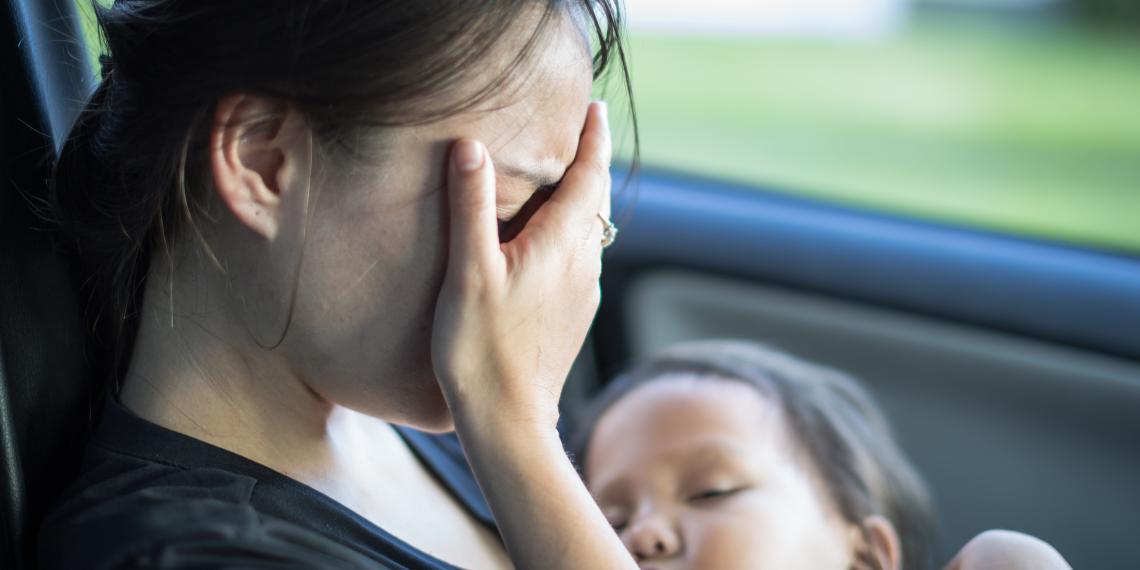You are here
Salvation Army report points to serious, embedded and ongoing hardship

Covid-19 cast a large shadow over our whenua. Inequality, already entrenched in Aotearoa, was magnified and exacerbated by the impact of Covid-19.
The Fourteenth annual State of the Nation 2021 report from The Salvation Army, “Disturbed Present. Better Future?” points to serious, embedded and ongoing hardship for many in our communities.
The State of the Nation 2021 report provides a snapshot of what hardship looks like for the people and whānau who came through our doors over the last year.
Last year was a year full of disturbances, disruptions, and dramatic change. “The Government’s measures to respond to the Covid-19 crisis have been significant and helped greatly to lessen impacts. However, this year’s report shows that the poorest and most vulnerable in our nation have suffered the most from these serious disturbances from Covid-19, leaving many with a gloomy future,” says Lt-Colonel Ian Hutson, Salvation Army Social Policy and Parliamentary Unit Director.
Key findings in the report:
- Māori Inequalities – While there was some progress on income disparity and unemployment, other long-standing disparities between Māori and non-Māori are not improving, or are worsening, especially imprisonment rates and numbers of people joining the social housing register.
- Food Security – In 2020 The Salvation Army distributed more than 110,000 food parcels – double the number in 2019. This is the highest number in the 14 years of this report.
- Housing – the ‘sharper end’ of housing is very worrying, with soaring numbers on the social housing register, in transitional housing, and receiving emergency housing grants. There is are also serious challenges facing renters and first-home buyers.
- Children – The number of children in benefit households increased by more than 23,000 during 2020, and Covid-19 has impacted more heavily on students from lower decile schools. But there is some good progress, with continuing decreases in youth offending and teen pregnancies.
- Social Hazards – Methamphetamine continues to dominate drug offences; cannabis offences declined; and financial hardship worsened in 2020 ,with more clients presenting to The Salvation Army with higher debt levels.
- Crime and punishment – The trends seen in offending and victimisation in previous SOTN reports have continued in 2020. The overall offending levels have had minimal change, whilst victimisation levels continue to increase and, as a result, the resolution rates for offences continues to decline.
- Work and incomes – Government spending on welfare massively increased because of Covid-19, focused mainly on short-term responses such as the Wage Subsidy Scheme, but the impacts will be long-lasting. There is rising unemployment and youth unemployment rose during the year, and those not in education, employment, or training (NEET) is now the highest number since 2012.
“The poorest and most vulnerable in our nation have suffered the most from these serious disturbances from Covid-19, leaving many with a gloomy future,” Lt-Colonel Ian Hutson says.
“The key question now,” says Senior Analyst Paul Barber, “is what does a better future look like for those most affected by Covid-19 in the last year? As a Christian church and charity, hope is central to our message and story – we remain hopeful. But the statistics presented in this latest State of the Nation report – Disturbed Present. Better Future? – show we continue to face enormous challenges, particularly in housing, unemployment, methamphetamine, financial hardship and other areas.”
‘There is no improving the future, without disturbing the present.’ This was the famous challenge Catherine Booth, co-founder of The Salvation Army, gave in the 1800s. The Salvation Army is urging the Government to make bold and courageous policy decisions that address the entrenched poverty that successive governments have failed to deal with over the last 10 to 20 years. This kind of courage builds hope for the better future we all want and need.
Below is the report link, which will be available at 4am, Wednesday, 17 February 2021:
https://www.salvationarmy.org.nz/sotn2021
For enquiries contact: The Salvation Army Territorial Media Officer, 021 945 337, email: media@salvationarmy.org.nz